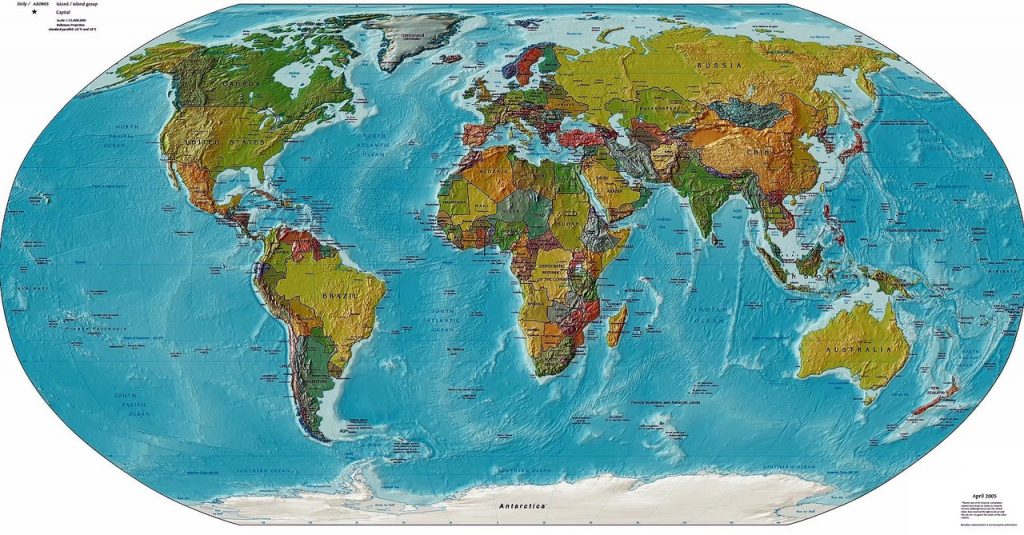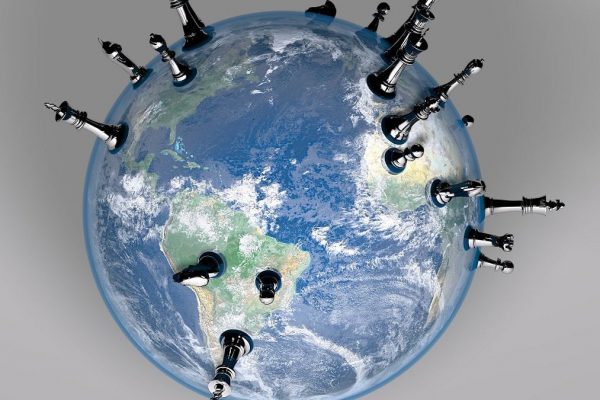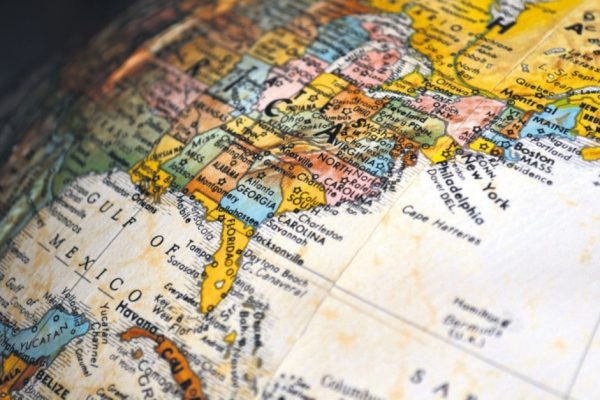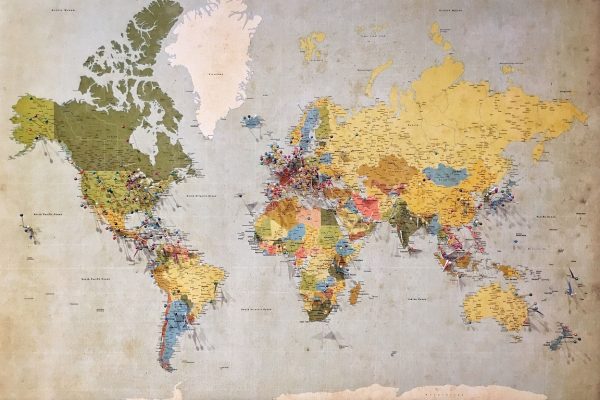
This Article corresponds to the “Global Business Strategies” course as part of the Rochat MBA program and was submitted by the student John Choi.
World Economy and its Impact in my Neighborhood
There is a video I watched recently about how the macroeconomics at the global scale can make an impact in the microeconomics at the local scale. The Great Recession began, according to a 2011 Financial Crisis Inquiry Commission from (formatted):
- First, the report identified failure on the part of the government to regulate the financial industry. This included the Fed’s inability to curb toxic mortgage lending.
- Next, there were too many financial firms taking on too much risk. The shadow banking system, which included investment firms, grew to rival the depository banking system but was not under the same scrutiny or regulation. When the shadow banking system failed, the outcome affected the flow of credit to consumers and businesses.
- “Financial firms” on the publicintegrity.org list US as well as European firms are listed as well (to name a few, Credit Suisse, Royal Bank of Scotland).
3. Other causes identified in the report included excessive borrowing by consumers and corporations, and lawmakers who were not able to fully understand the collapsing financial system.”
- “lawmakers who were not able to fully understand the collapsing financial system” is a harsh but true factor. So what does the Federal Reserve Bank have but hundreds of skilled economists on payroll to…curb just that “toxic mortgages”, avoid bad international investment, and counsel lawmakers on just that “the collapsing financial system”.
The cyclical nature of complex lending and lack of regulation created an economic downturn for both the US and the rest of the World. Now let’s take a look at the effects or what economists call “Hysteresis” or scars from many several different angles.
Atlantic magazine’s 2017 article “The Great Recession is Still With Us” suggests: “Some workers do not rebound from a recession for years, if ever, their skills degraded and their earnings diminished. So too with the economy itself; a bad recession can make the unemployment rate higher for years and years, and permanently change a country’s potential for growth.” Let’s see how else it changed things:
- “The share of Americans between the ages of 25 and 54 who are working or looking for a job has dropped by more than a percentage point since 2007”
- “More broadly, the downturn seems to have wiped away demand for certain types of work, skewing the jobs market in a way that has hurt the middle class”
- “Rural areas and so-called “distressed communities” also got hit hard and left behind, with the Great Recession amplifying
long standing trends that have seen rural areas, parts of the Rust Belt, and the South suffer.” - Lower-income households suffered greater and long-lasting blows in housing, jobs, and credit.
- Minorities suffered greater than their White counterparts as Latin-American and Black communities took a
longer time to rebound as opposed to their White counterparts. - “…health problems, among them “declining fertility and self-rated health, and increasing morbidity, psychological distress, and suicide.””
- From what I heard during the Great Recession small businesses suffered greatly. I imagine those with small businesses.
To sum it up: What about in my neighborhood?
The Great Recession had great effect in my friends and families. Businesses, homes and family-members were lost. Poor and Rich, People across the ethnic spectrum in America all lost out. Atlantic Magazine mentions that 7.5M jobs were lost. A person losing a job and losing the opportunity to find a job was incapable of finding another job. She/He could no longer pay his mortgage and soon his/her home was on the market. Yet finding himself/herself in a housing market full of people trying to shed houses because they were without a job to pay their mortgages placed millions of people in upside-down mortgages. The next step was bankruptcy, and with that, millions of people with bad or no credit all looking for their next opportunity with no capital to get it off the ground.
Lessons learned:
1) The blame can be shared…but I still believe that leaders are there to avoid crises such as this. You cannot blame the customer of a mortgage as equally as a firm such as Citibank.
Citigroup Chairman Richard Parsons was recently quoted saying, “Demonizing the bankers as if they and they alone created the financial meltdown is both inaccurate and short-sighted,” Citigroup chairman Richard Parsons told reporters recently. “Everybody participated in pumping up this balloon and now that the balloon has deflated, everybody in reality has some part in the blame.” All in all, “ALL” are to blame for the melt-down.
2) “All” suffer because of decisions made by the few…except those who are bailed out. Independent firms go bankrupt but we see Citibank, Merrill Lynch, and Friends around to enjoy the show.
3) What’s the answer to “ALL” of that? We need Better Business, Government, and Community Leaders for Tomorrow.
This Article corresponds to the “Global Business Strategies” course as part of the Rochat MBA program and was submitted by the student John Choi.






